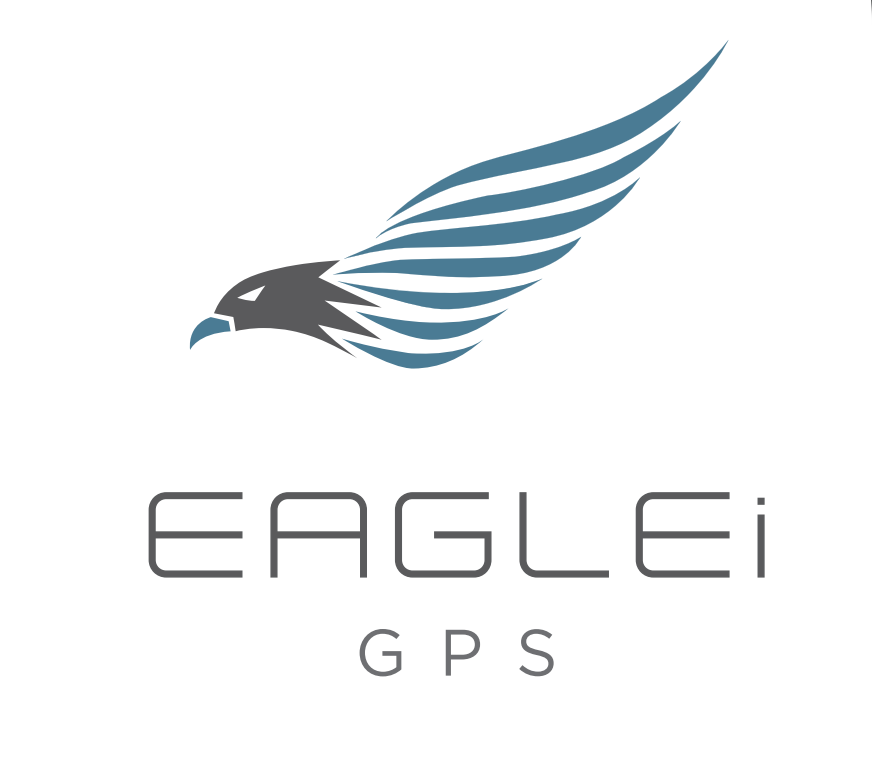Proven ROI: How EAGLEi GPS Fleet Tracking Can Save Your Business Thousands Every Year
Businesses that manage fleets often face numerous challenges, ranging from fuel inefficiencies and vehicle maintenance issues to theft and regulatory compliance. While fleet tracking technologies have been adopted by many organizations, the actual financial impact on the bottom line can be overlooked. In this blog, we’ll break down how EAGLEi GPS fleet tracking can deliver measurable returns on investment (ROI) through various cost-saving strategies, helping businesses save thousands every year.
Understanding the ROI of GPS Fleet Tracking
Before diving into the specific savings that GPS fleet tracking offers, it’s essential to understand how ROI is measured. Fleet tracking solutions are primarily designed to optimize operations by improving efficiency, reducing fuel consumption, enhancing driver behavior, and preventing vehicle theft. However, the ROI of a GPS fleet tracking system goes far beyond these benefits—it delivers direct financial savings that can positively impact overall profitability.
ROI is often calculated by comparing the cost of implementing a GPS system against the savings generated over time. The savings typically come from fuel cost reductions, maintenance savings, lower insurance premiums, and improved productivity. With a well-implemented GPS tracking system like EAGLEi GPS, businesses can achieve significant cost reductions, making it an investment that quickly pays for itself.
Optimizing Fuel Efficiency: One of the Biggest Savings
Fuel expenses can account for a large portion of operational costs for fleet-based businesses. By using GPS tracking, fuel efficiency is improved through route optimization, reduced idling time, and monitoring driving behaviors like excessive speeding or harsh acceleration.
When drivers are continuously monitored, the system can alert fleet managers to inefficient routes or unnecessary detours. This real-time insight into vehicle movements allows businesses to reduce wasted fuel. Additionally, idle time reports show when vehicles are idling excessively, enabling fleet managers to address this costly issue. By reducing idling by just 10-20%, significant fuel cost savings are achieved over time.
Further, monitoring driver behavior leads to more efficient driving practices. Drivers who are aware that they are being tracked tend to adopt safer driving habits, leading to reduced fuel consumption. A study has shown that improving fuel efficiency by 10-15% through driver coaching can result in thousands of dollars saved per vehicle annually.
Reducing Maintenance Costs with Proactive Monitoring
Maintenance is another significant cost for fleet operators, and unexpected breakdowns can disrupt operations and increase expenses. With a GPS fleet tracking solution, preventative maintenance schedules are easily managed. EAGLEi GPS provides detailed vehicle usage data, allowing businesses to track mileage, engine hours, and wear patterns, which ensures that maintenance is conducted at the optimal time.
By monitoring the condition of vehicles in real-time, fleet managers can detect issues before they become costly repairs. For example, an alert for a minor engine issue allows the fleet manager to address it immediately, potentially avoiding a more expensive repair down the line. Additionally, vehicles that are well-maintained are less likely to suffer from unexpected downtime, further enhancing productivity.
On average, businesses can save between 5-10% on their maintenance costs by using fleet tracking systems that monitor vehicle health and ensure timely maintenance. For larger fleets, this adds up to thousands of dollars in annual savings.
Enhancing Driver Safety and Lowering Insurance Premiums
Driver safety has a direct impact on insurance costs. By using GPS fleet tracking, businesses are able to monitor driver behavior, including speeding, harsh braking, and rapid acceleration. This data helps fleet managers identify and correct unsafe driving habits, thereby reducing the risk of accidents.
Insurance companies often reward businesses that use GPS tracking with lower premiums, as the technology reduces the likelihood of accidents and theft. Some insurers offer discounts of up to 15% for fleets that use telematics data to enhance driver safety. For a fleet of vehicles, this can translate to significant yearly savings in insurance costs.
Additionally, GPS tracking improves the chances of recovering stolen vehicles, which further reduces insurance claims. By providing real-time data on the location of stolen assets, businesses can recover their vehicles faster, minimizing the financial impact of theft. The use of geofencing and tamper alerts adds another layer of security, ensuring that unauthorized vehicle movements are quickly detected.
Increasing Productivity and Reducing Administrative Costs
One of the most often overlooked benefits of GPS fleet tracking is the increase in productivity it brings. EAGLEi GPS allows fleet managers to oversee the entire fleet from a centralized platform, reducing the time spent on administrative tasks such as dispatching, vehicle tracking, and managing driver schedules.
Automated reporting eliminates the need for manual record-keeping, while real-time updates ensure that drivers are dispatched efficiently. This streamlined approach reduces time spent on managing fleets, allowing managers to focus on other critical business activities.
Furthermore, real-time data helps identify operational bottlenecks. Whether it’s driver delays, inefficient routes, or excessive downtime, fleet managers can use GPS data to make informed decisions that enhance productivity. With more efficient operations, businesses can complete more jobs in less time, driving revenue growth without needing to expand their fleet.
Improving Customer Satisfaction for Repeat Business
In addition to the direct financial benefits, GPS fleet tracking systems improve customer satisfaction, which can lead to repeat business. Customers appreciate real-time updates on delivery times, which are made possible by GPS tracking. Accurate ETA (Estimated Time of Arrival) notifications allow customers to plan their day around deliveries, improving their overall experience.
For businesses involved in time-sensitive deliveries, such as logistics or field service management, providing reliable, on-time service is critical for maintaining customer loyalty. Satisfied customers are more likely to become repeat clients, which drives long-term revenue growth.
A Case Study: Real-Life Savings with EAGLEi GPS
To demonstrate the potential savings of EAGLEi GPS, let’s consider a business operating a fleet of 50 vehicles. Without a GPS tracking system, this company spends approximately $50,000 annually on fuel, $25,000 on maintenance, and $15,000 on insurance. Additionally, administrative tasks take up roughly 30 hours of management time per month.
After implementing EAGLEi GPS, the following savings are realized:
- Fuel costs are reduced by 15% due to optimized routes and driver coaching, saving $7,500 annually.
- Maintenance costs decrease by 10%, thanks to timely preventative maintenance, resulting in a $2,500 yearly savings.
- Insurance premiums drop by 10%, as the fleet is now safer and theft risks are reduced, saving $1,500 annually.
- Administrative tasks are streamlined, reducing fleet management time by 10 hours per month, saving the equivalent of $12,000 in labor costs annually.
In total, this company saves $23,500 per year, meaning the initial cost of implementing the GPS system is quickly recovered, and ongoing savings continue to benefit the company’s bottom line.
Conclusion: Investing in EAGLEi GPS for Long-Term Financial Gains
Implementing EAGLEi GPS fleet tracking offers far more than just operational benefits—it provides significant, measurable financial returns. Through improved fuel efficiency, lower maintenance costs, reduced insurance premiums, and increased productivity, businesses can save thousands of dollars each year. With these savings, fleet managers are empowered to allocate resources more effectively, reinvest in their business, and drive long-term growth.
For any business managing a fleet, the question is no longer whether to implement GPS tracking but how quickly it can be integrated to start realizing the financial benefits. EAGLEi GPS has proven to be a worthwhile investment, delivering a substantial return that helps businesses stay competitive in today’s challenging market.







